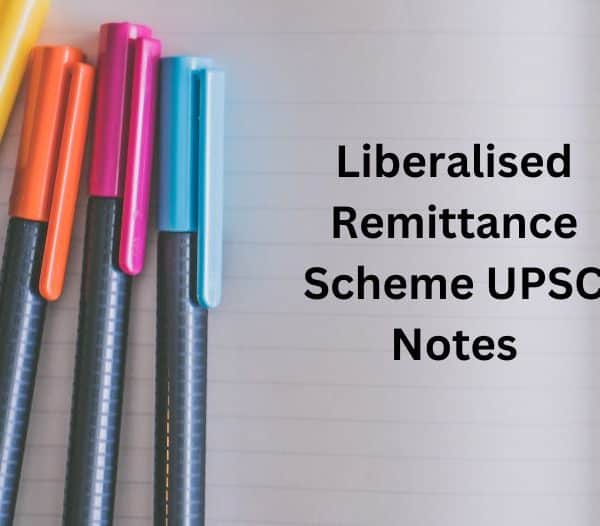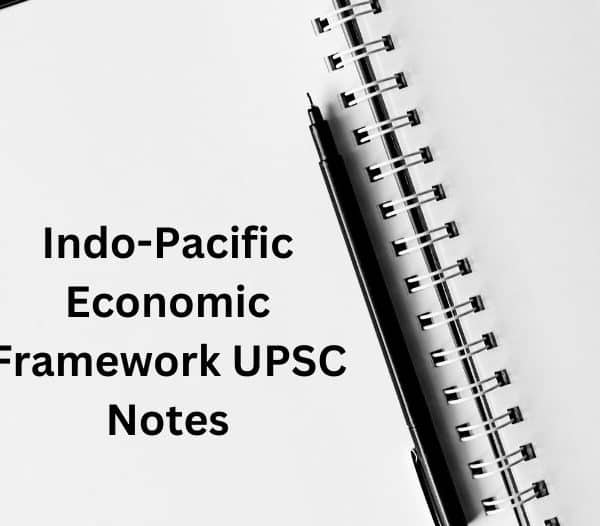Why in news?
Vigilance Commissioner Suresh N. Patel was sworn in as the Central Vigilance Commissioner (CVC) by President Droupadi Murmu at the Rashtrapati Bhavan.

About CVC
It is the apex vigilance institution, free of control from any executive authority responsible only to the Parliament..
Role: To monitor all vigilance activity under the Central Government and advising various authorities in Central Government organizations in planning, executing, reviewing and reforming their vigilance work.
Background: Set up by the Government in February, 1964 on the recommendations of the Committee on Prevention of Corruption, headed by Shri K. Santhanam. In 2003, the Parliament enacted CVC Act conferring statutory status on the CVC.
Appointment: President of India appoints CVC members by warrant under his hand and seal after the recommendation by a three-member committee:
- Prime Minister
- Minister of Home Affairs (MHA)
- Leader of Opposition in Lok Sabha
Removal of CVC:
CVC members can also be removed by the President on the grounds of proven misbehaviour. However, the Supreme Court is referred to by the President only after which CVC members can be removed.
Also Read : Freebies in Elections : Check Out UPSC Current Affairs for CSE Preparation!
In the following circumstances they can be removed:
- If the member is adjudged as an insolvent
- If the Central government holds him responsible for an offence involving moral turpitude/ or he is convicted for such an offence
- If he becomes a part of the office of profit
- If he is declared unfit by reason of infirmity of mind or body, by the President
- If he is found interested in financially driven activities or other such interests which can likely affect prejudicially his official functions
How many members?
Central Vigilance Commissioner- 1
Vigilance Commissioners (Maximum number is 2)
Term of Office: Four years or if they attain 65 years of age (whichever is earlier)
Post Retirement: Not eligible for reappointment in any central or state government agency.

Photo : Rediff/SOURAV_KARMAKAR
Functions of CVC:
- Receives complaints on corruption or misuse of office and to recommend appropriate action.
- Not an investigating agency: The CVC either gets the investigation done through the CBI or through chief vigilance officers (CVO) in government offices.
- Empowered to inquire into offences alleged to have been committed under the Prevention of Corruption Act, 1988 by certain categories of public servants.
- Its annual report gives the details of the work done by the commission and points to systemic failures which lead to corruption in government departments along with Improvements and preventive measures.
Limitations of CVC:
- Advisory Body: Considered a powerless agency as it is treated as an advisory body only with no power to register criminal case against government officials or direct CBI to initiate inquiries against any officer of the level of Joint Secretary and above.
- Independence: In its functioning, it neither has the resources nor the power to take action on complaints of corruption.
Practice Mains Questions:
Evaluate the role of the Central Vigilance Commission. Do you think the office of CVC requires more powers and personnel to tackle the cases of corruption? (250 words)
Also Read : Updated Nationally Determined Contribution : Current Affairs for UPSC !







